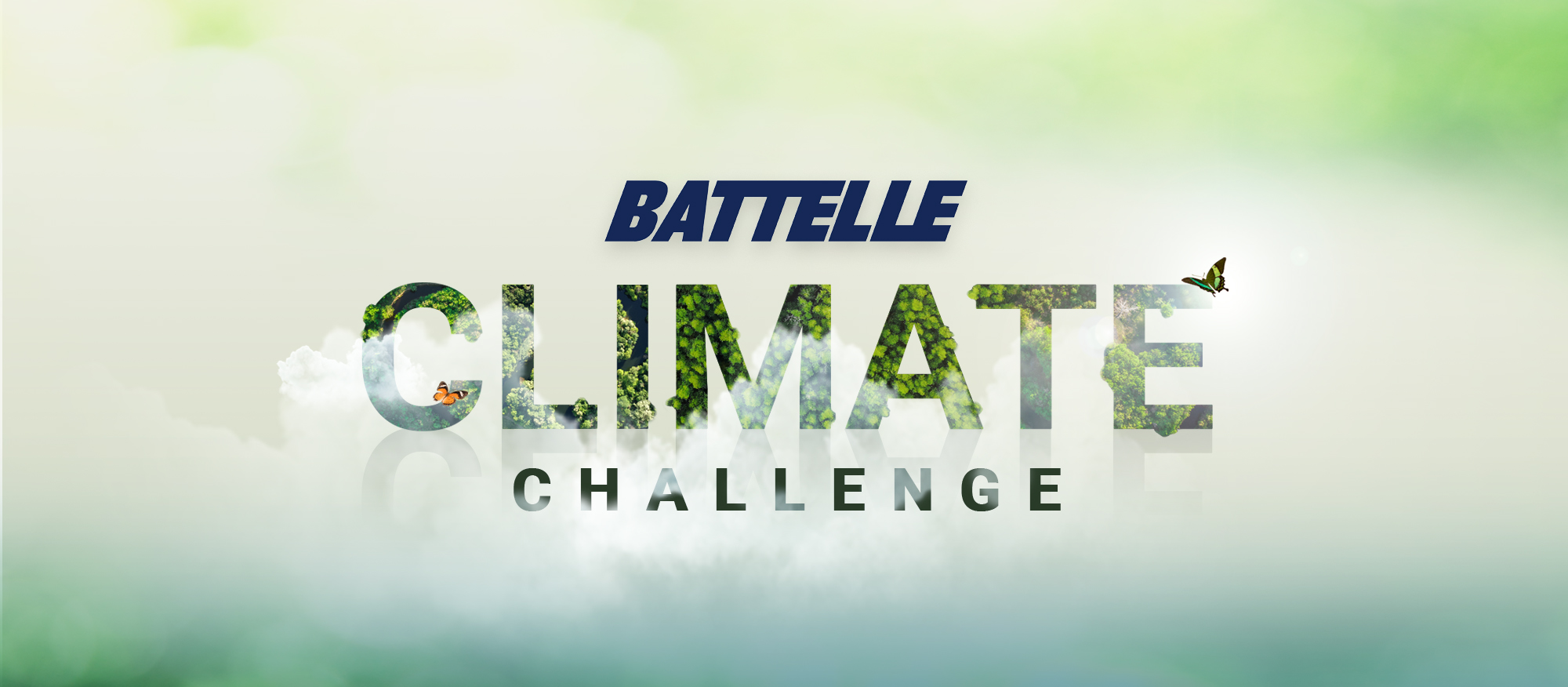


For ideas on different types of climate actions, refer to the BRAINSTORMING section below.
Extreme weather can put increased stress on older buildings and homes, and on other structures like roads, bridges, rails, damns, and reservoirs. What technology solution, change of behavior, school/community program, or response plan can you develop to help build or maintain more resilient structures in your community? Learn more HERE.
Do you live in a coastal environment? Climate change affects U.S. coasts in a multitude of ways. Ongoing global sea level rise, high-tide flooding, storm surge, and coastal erosion all affect coastal communities. What potential climate action can you develop to help your community in the face of climate change? Learn more HERE.
Increasing frequency of heavy precipitation events can lead to flooding in urban and rural communities. Is flooding a threat to your community? What can you propose that will help your community prepare for a potential future flood? Learn more HERE.
Severe drought can devastate farms, dry out forests, and reduce food and water availability. How would a drought impact your community? What proposed climate action can you develop to be more resilient to a future drought? Learn more HERE.
Rising temperatures and decreasing precipitation can change the frequency and severity of wildfires, which poses a threat to the vegetation, animals, and people in those areas. Are wildfires a concern in your local community? What technology solution, change of behavior, school/community program, or response plan can you develop to help be more resilient to the threat of wildfires? Learn more HERE.
Extreme weather events, and extreme hot or cold temperatures can stress or overwhelm the power grid, which can potentially trigger cascading impacts that interrupt critical services. In your community, what solutions can you propose to help maintain energy service during an extreme climate event? Learn more HERE.
How can the existing parks, open spaces, and trees within your community be enhanced to support climate adaptation and resilience? Or what new parks or green infrastructure plans might help your community deal with climate change? Learn more HERE.
More carbon dioxide in the atmosphere could amplify climatic changes and their impacts on ecosystems. Ecosystems are a significant absorber of carbon dioxide, including forests, grasslands, wetlands, and oceans. The impacts of more carbon dioxide in the atmosphere could be detrimental to these ecosystems. Think about your local community - what technology solution, change of behavior, school/community program, or response plan can you develop related to carbon balance? Learn more HERE.
When extreme events and hazards occur, communication is imperative. How can your local community be prepared to make sure residents and businesses are able to communicate and receive important alerts during a critical climate event? Learn more HERE.
Climate change doesn’t affect everyone equally. Are there people or areas in your community that would be disproportionately affected by climate change? What climate action can you propose to help ensure that those who would be most affected are best prepared to deal with a climate hazard or event? Learn more HERE.
Do you live in a rural, agricultural community? Changing climate conditions pose major challenges to food production through reduced livestock productivity, increased rates of crop failure, and altered pressures from pests, weeds, and diseases. What can you propose that will help your agricultural community be more resilient to climate change? Learn more HERE.
Is your community dependent on our ocean ecosystems to provide food, jobs, recreation, energy, and other vital services? Carbon emissions in the atmosphere are threatening these ocean resources through ocean warming, acidification, and deoxygenation, which in turn threaten fisheries, aquaculture, and tourism. What technology solution, change of behavior, school/community program, or response plan can you develop to help? Learn more HERE.
Are you a member of a tribal nation? Climate change increasingly impacts places, foods, and lifestyles of American Indians. What climate action will you propose to protect the traditional livelihoods and critical infrastructure of tribal nations in the face of climate change? Learn more HERE.
The "Battelle Climate Challenge" is presented by Battelle. Every day, the people of Battelle apply science and technology to solving what matters most. At major technology centers and national laboratories around the world, Battelle conducts research and development, designs and manufactures products, and delivers critical services for government and commercial customers. Headquartered in Columbus, Ohio since its founding in 1929, Battelle serves the national security, health and life sciences, and energy and environmental industries.
Thank you for your interest in contacting Future Engineers. We look forward to connecting with you!
General Inquiries
support@futureengineers.orgSponsorship Inquiries
sponsor@futureengineers.org